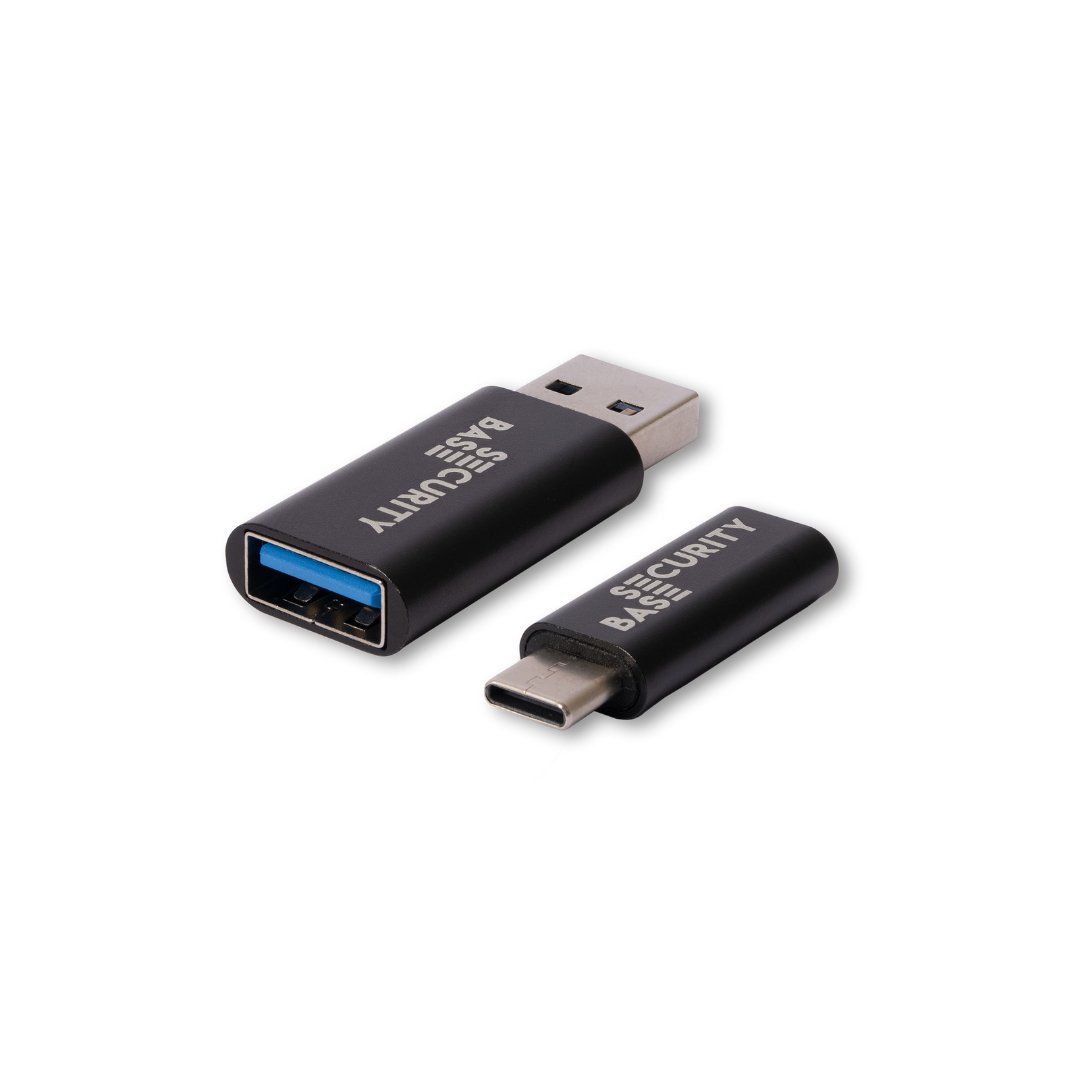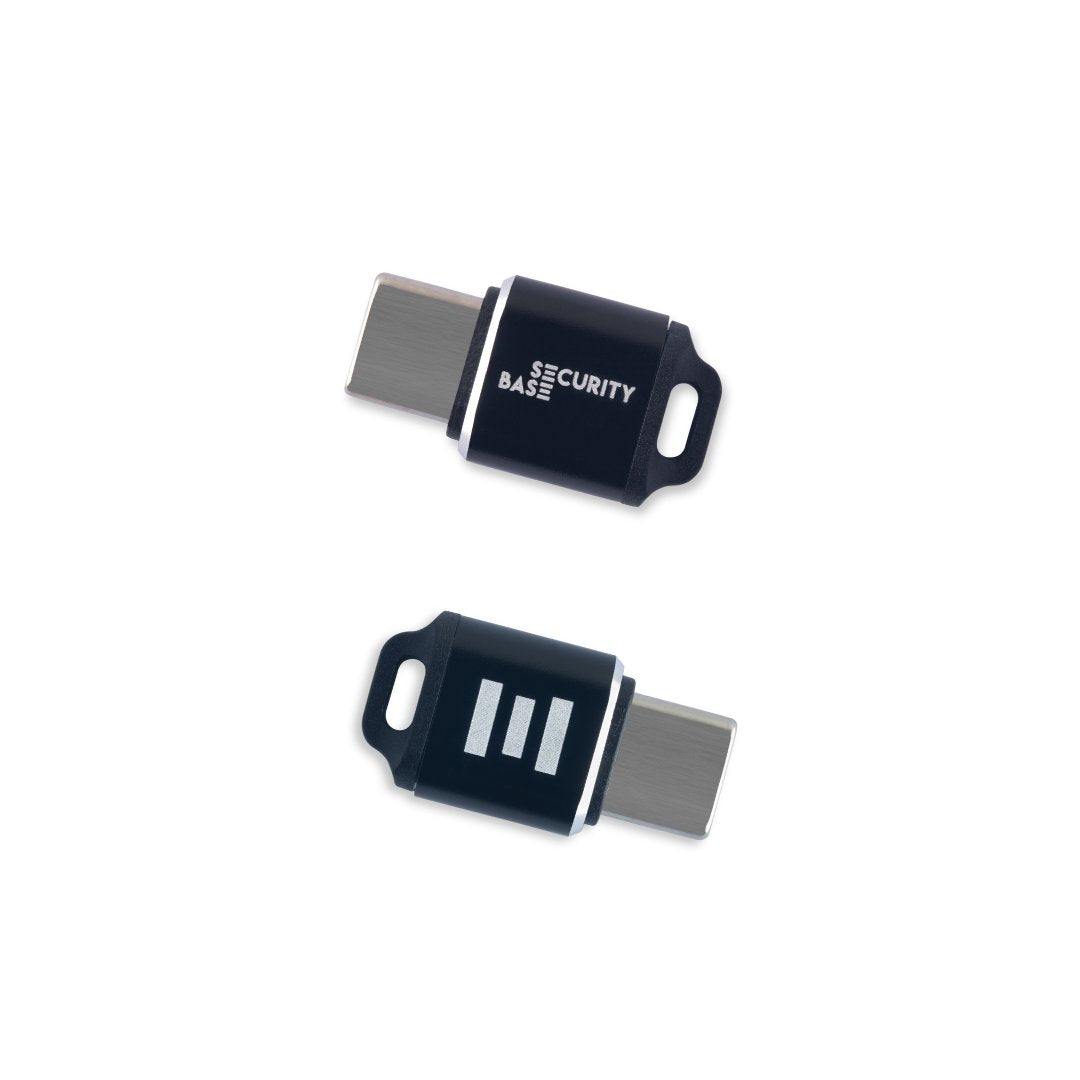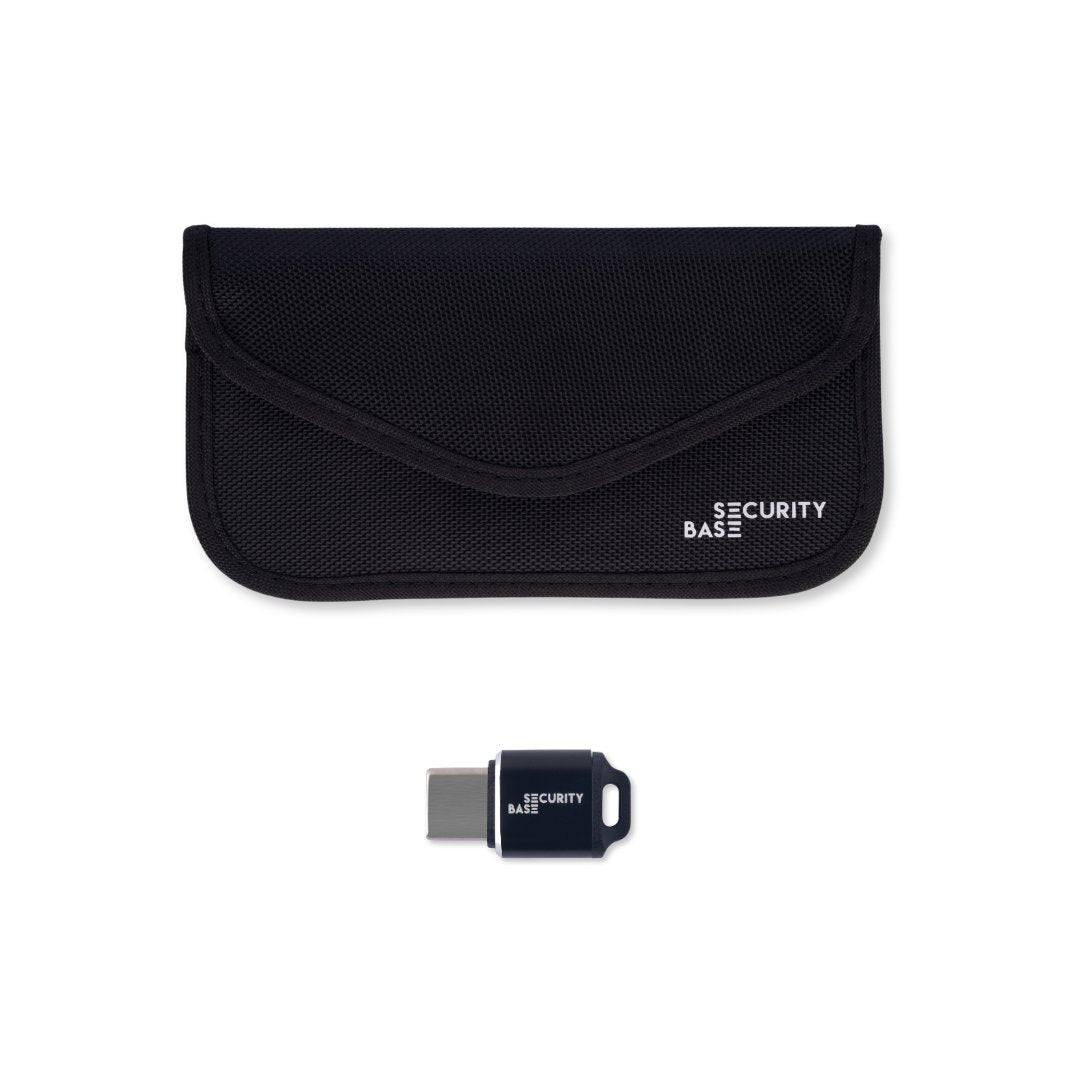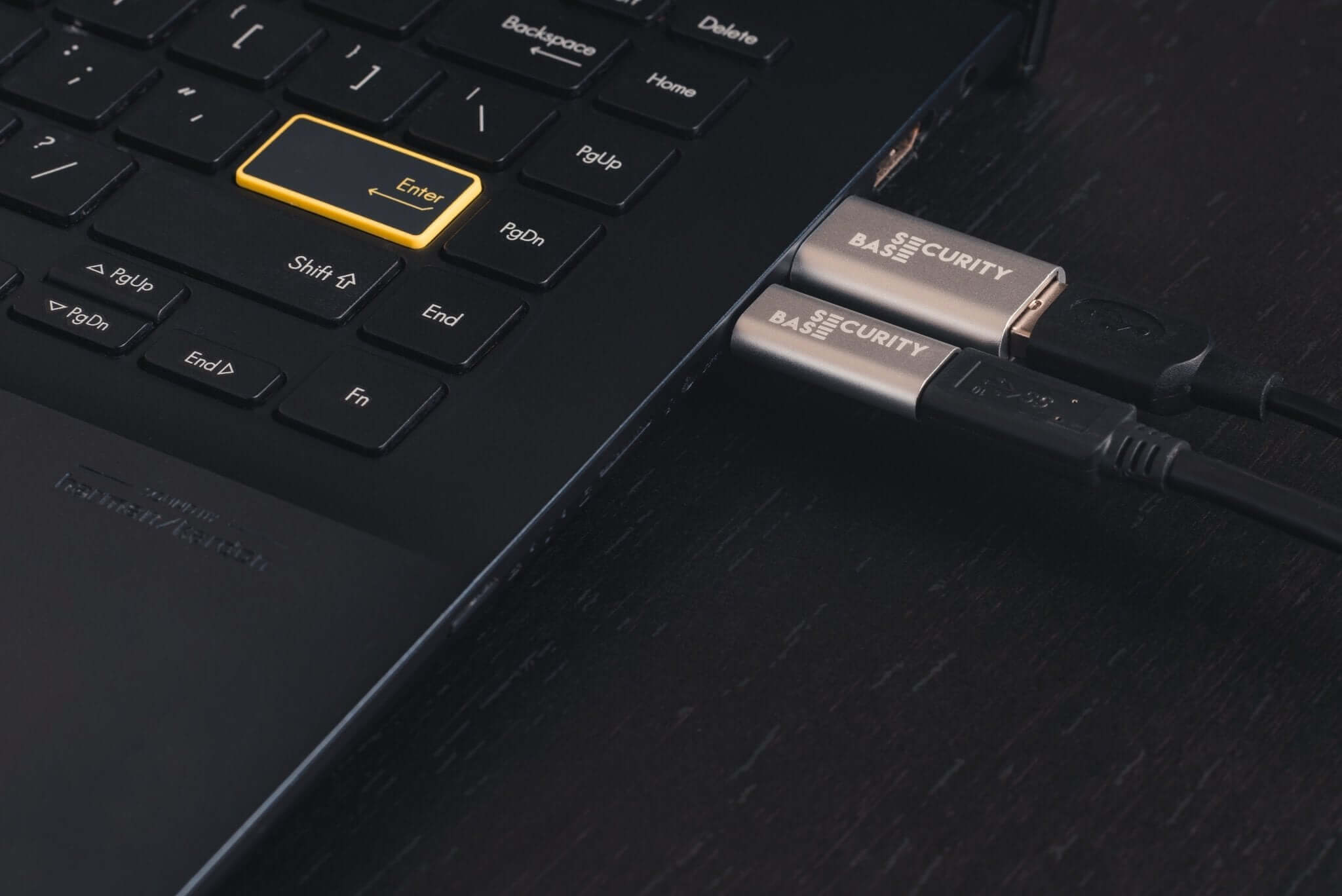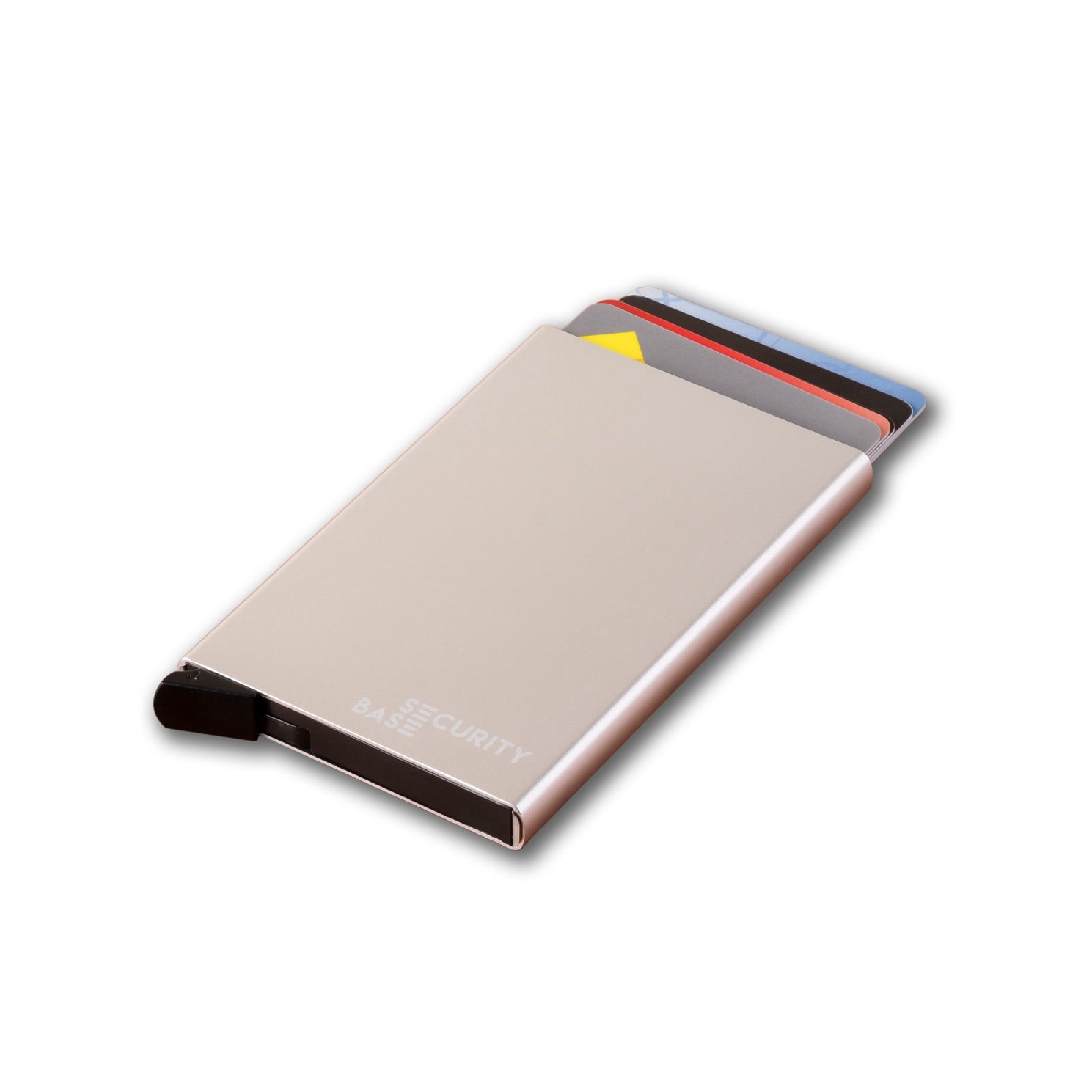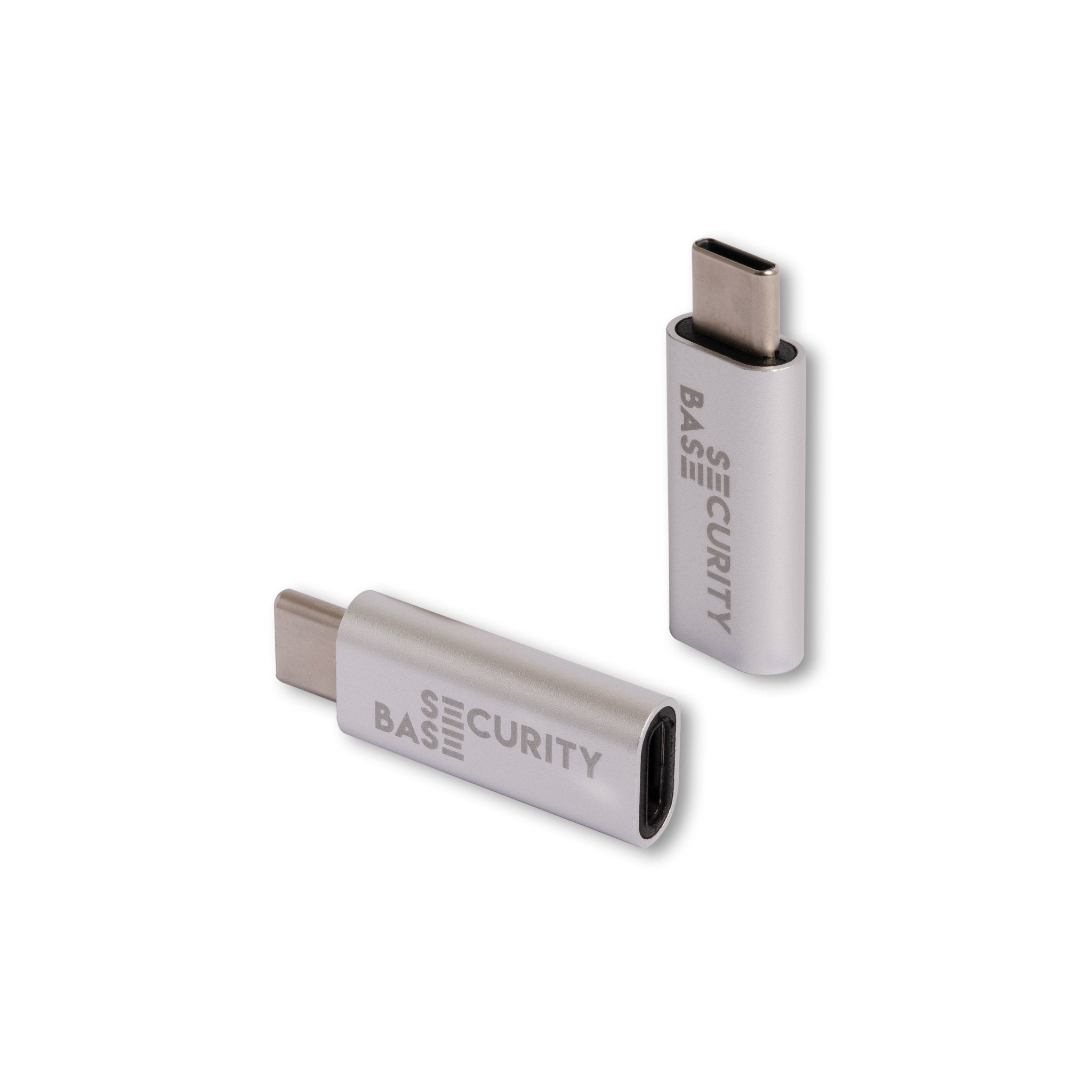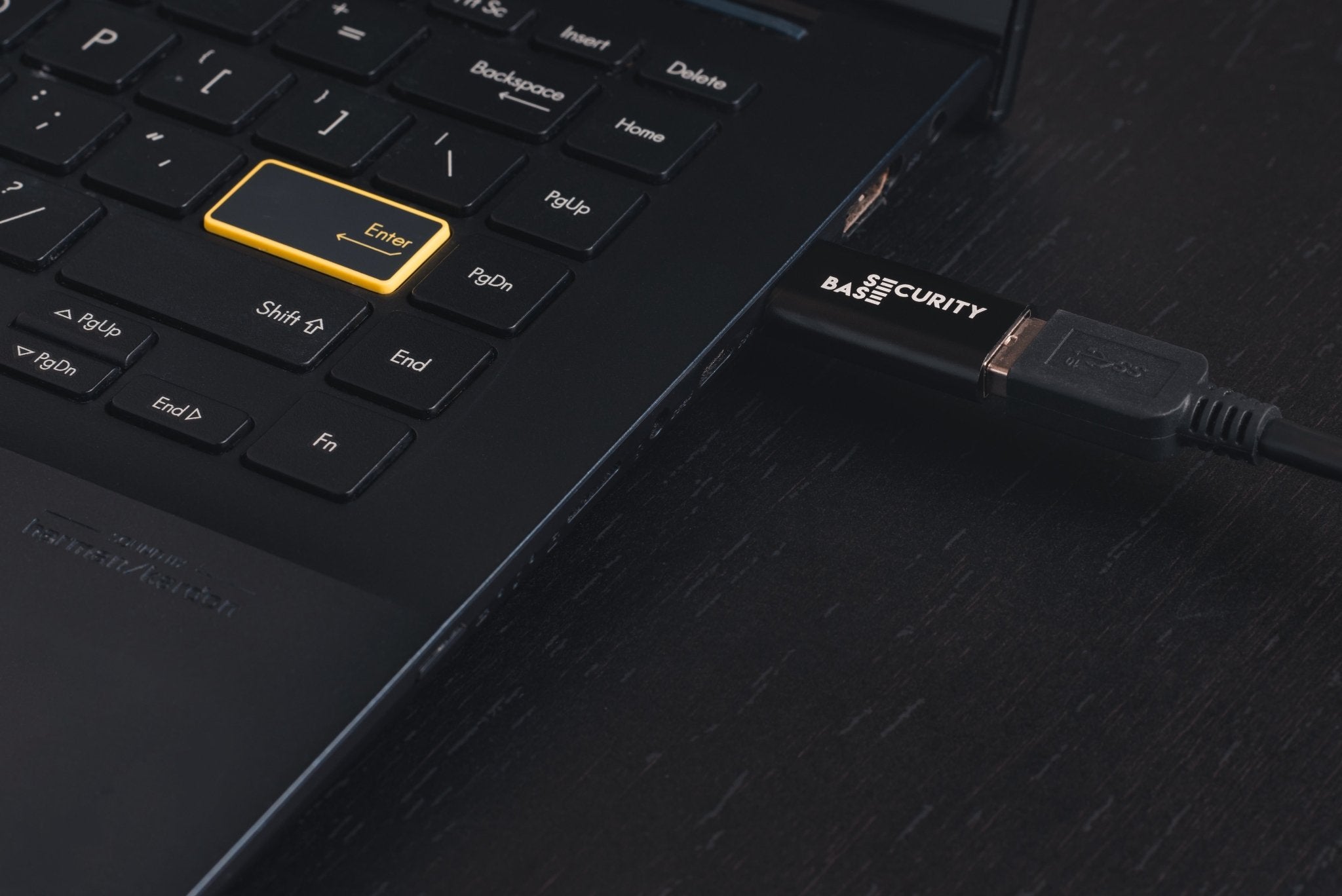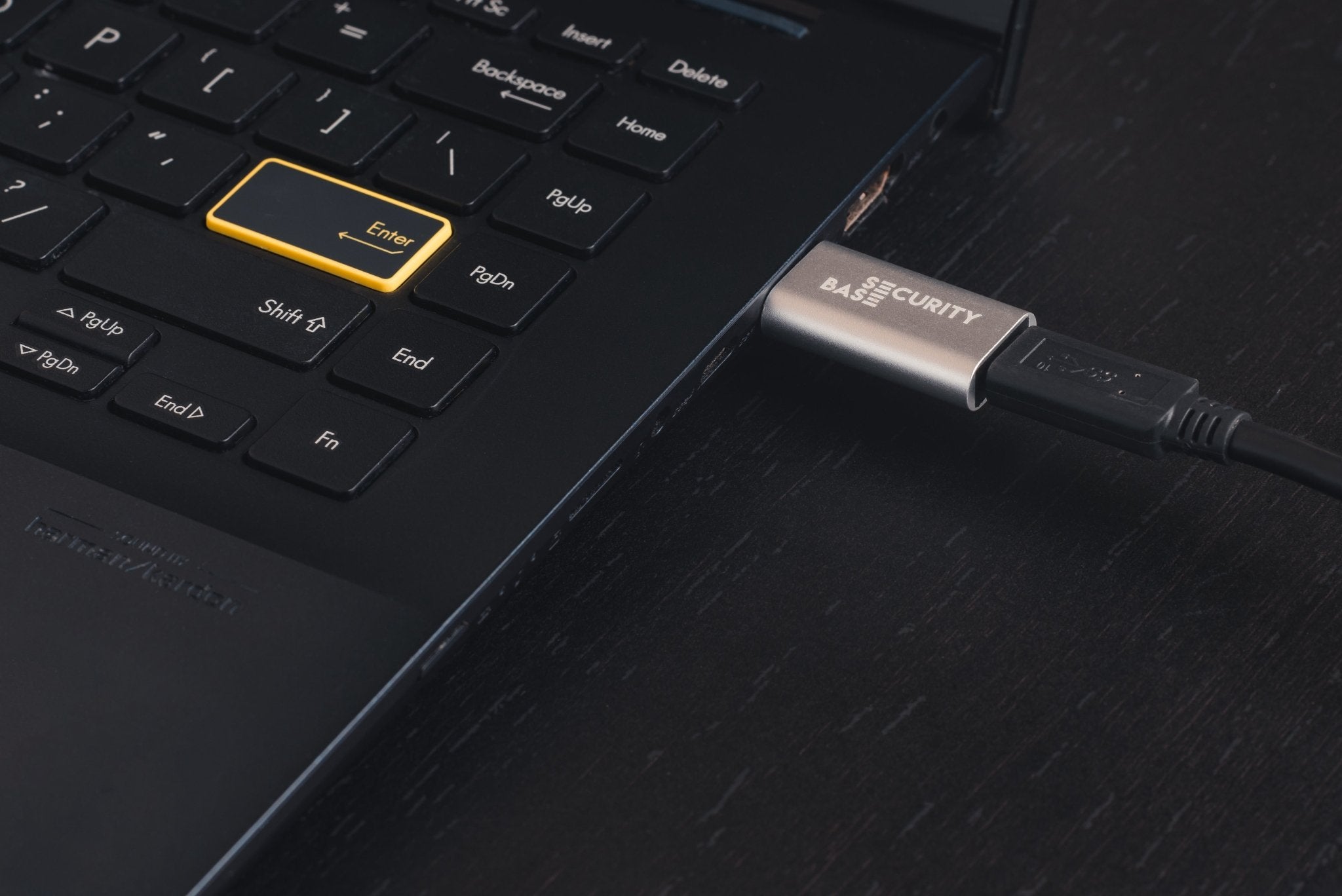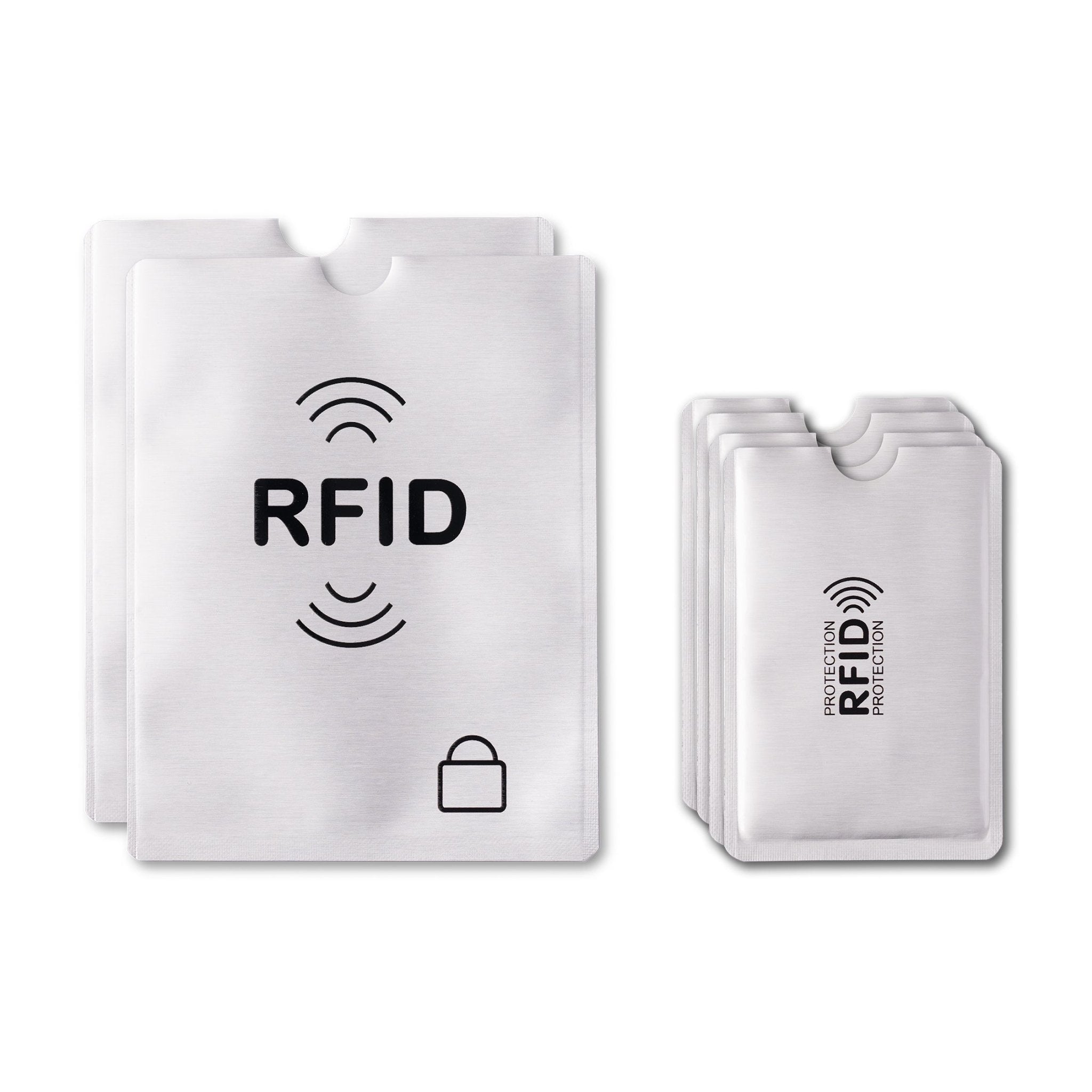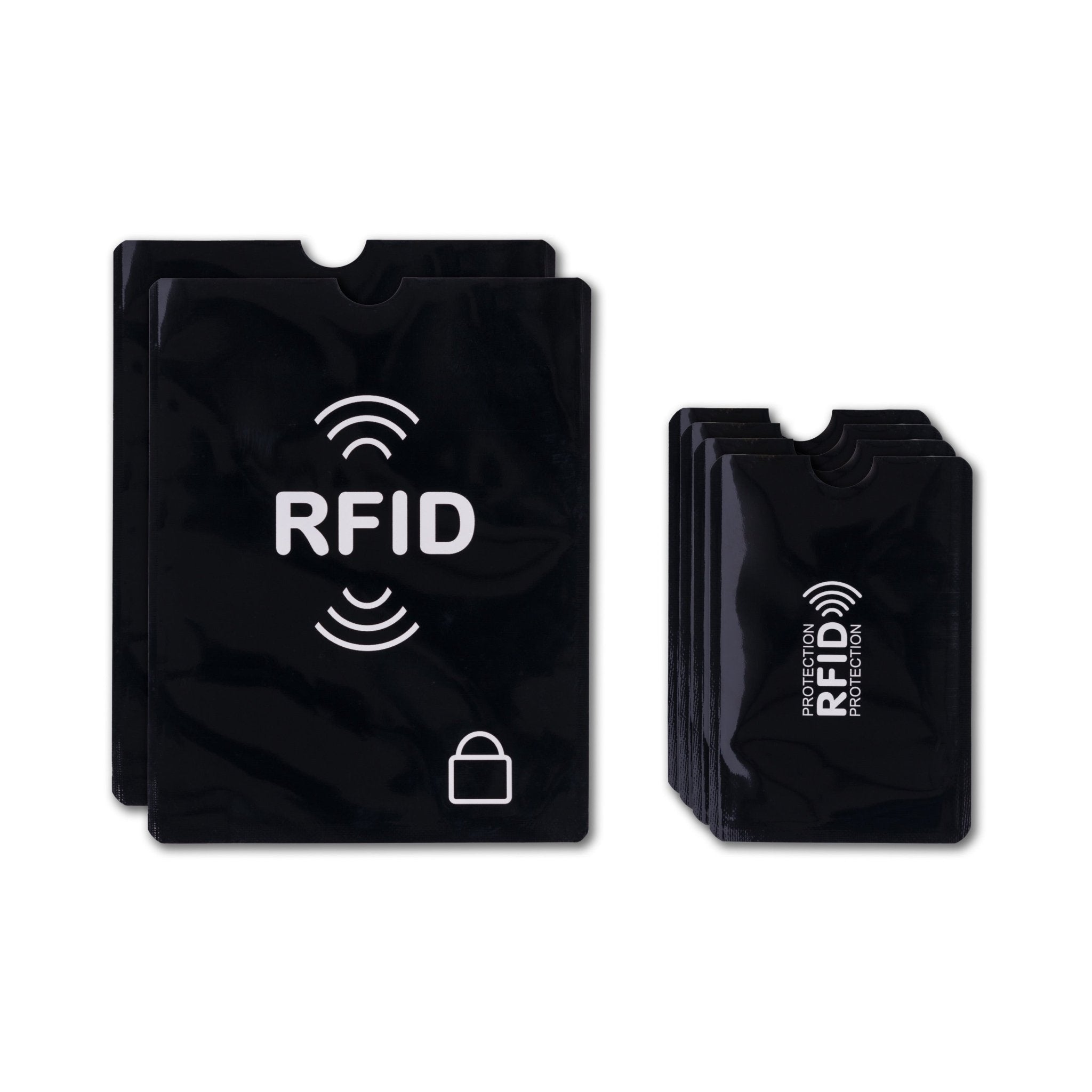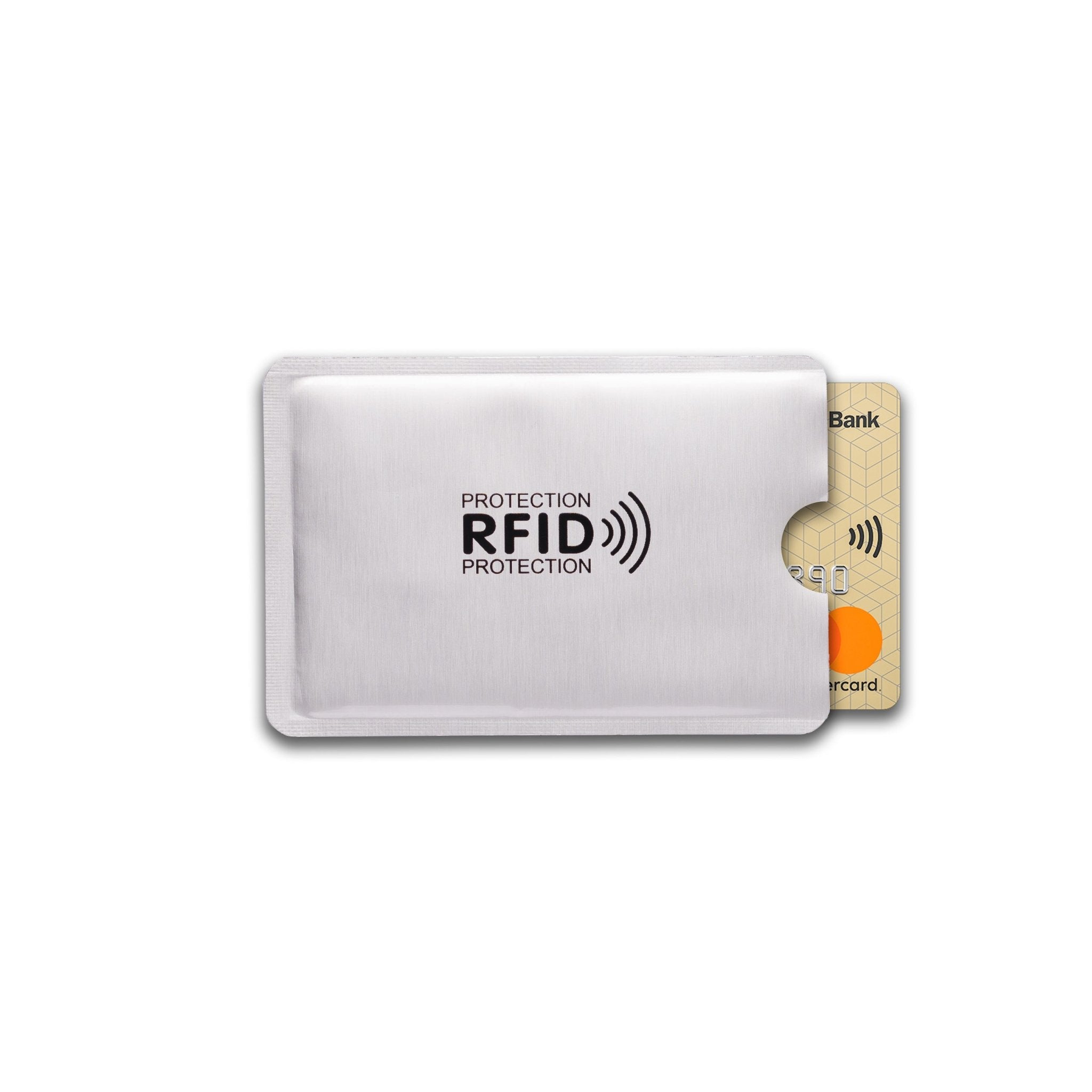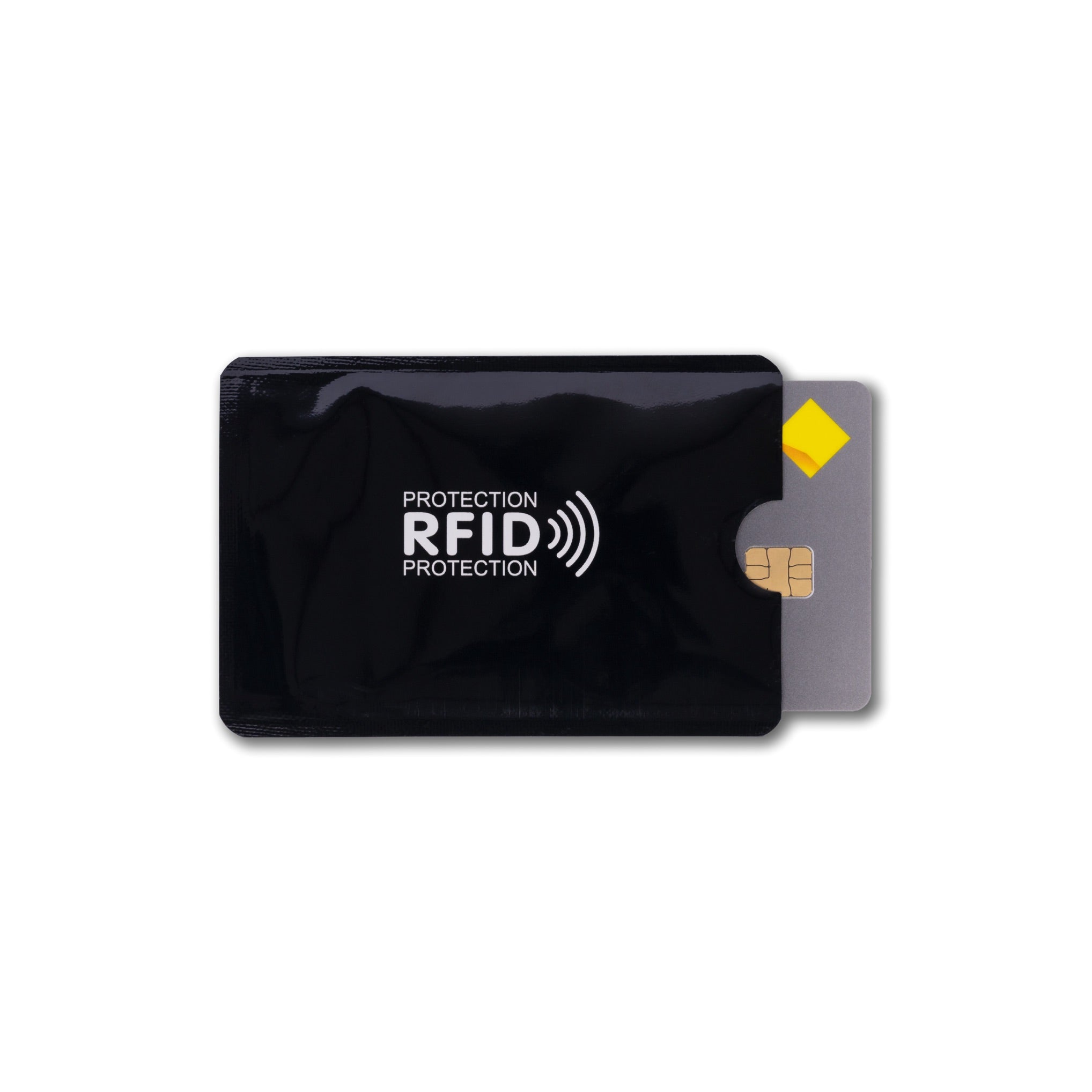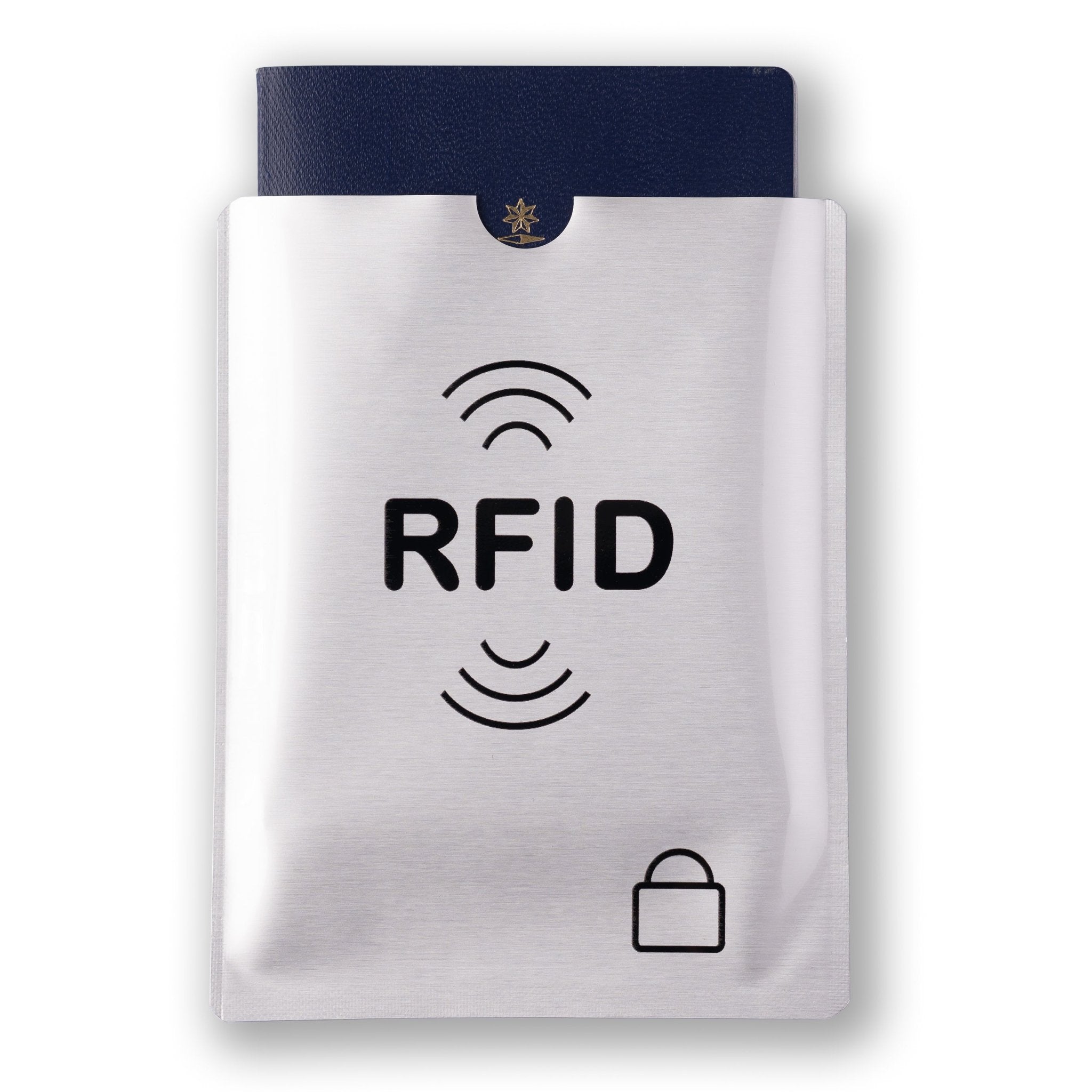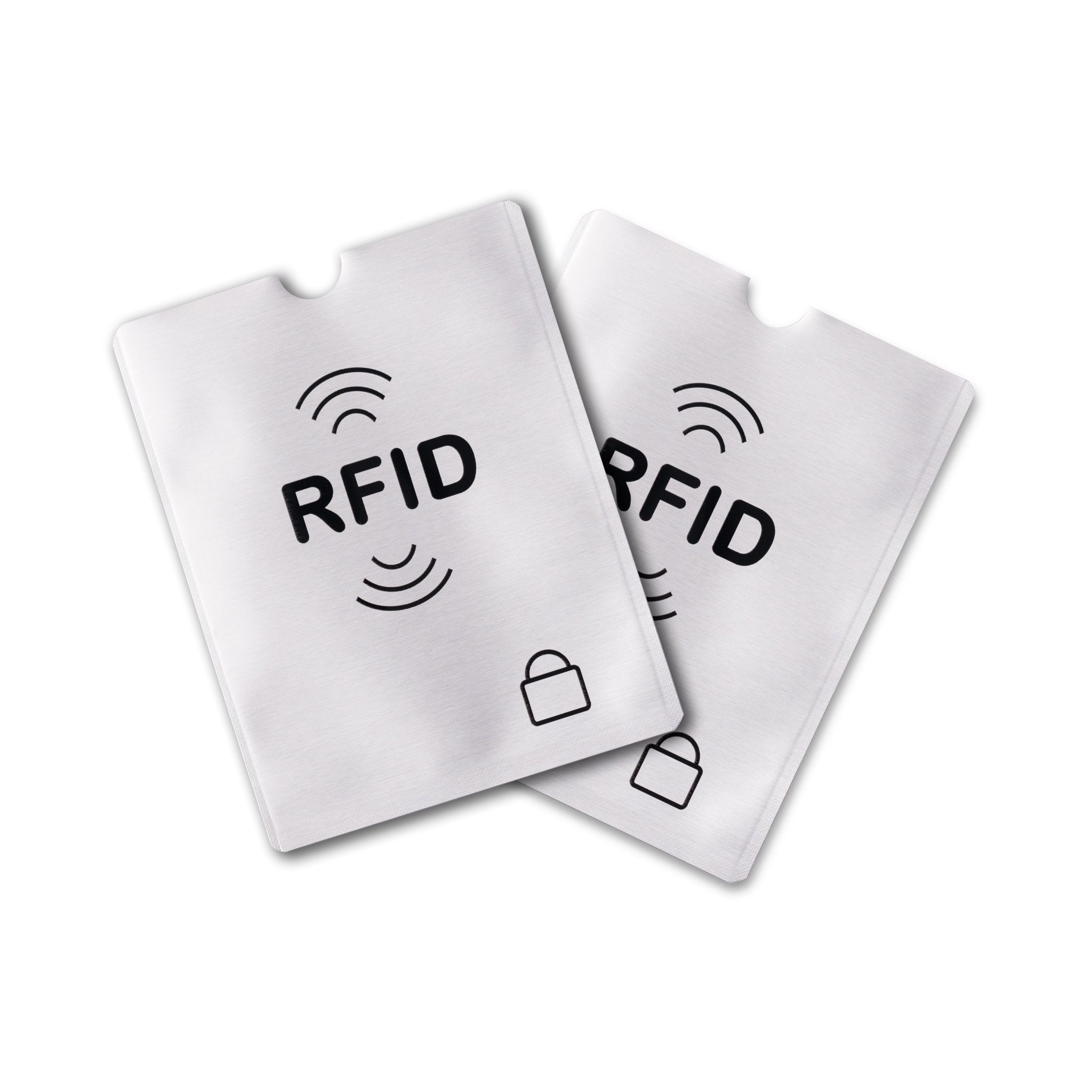ABC News published the video 'Is your car spying on you' yesterday. As technology is deeply integrated into our lives, our privacy is being compromised in ways we may not even be aware of.
A recent investigation by consumer advocacy group Choice revealed that many popular car models in Australia collect and share a vast amount of personal data about their drivers and passengers. This data ranges from fuel usage and driving locations to video footage and, in some cases, even conversations inside the car.
The Extent of Data Collection
The Choice investigation uncovered a wide range of data being collected by car manufacturers. Data collected includes:
- Video footage: This includes footage of drivers, passengers, and pedestrians, raising concerns about privacy and surveillance.
- Audio recordings: Cars have microphones that can record conversations inside the vehicle, potentially compromising sensitive information.
- Fuel usage: This data can be used to track driving habits and potentially even identify individuals when combined with payment data.
- Driving locations: This information can reveal personal routines and habits, such as where you live, work, and shop.
The data can be sold to any third party, including insurance companies, governments or other interested organisations.
The Potential Misuse of Data
The question of how this collected data is being used is a concern. While car manufacturers often claim that the data is used to improve vehicle performance and safety, there is a risk that it could be shared with third parties or misused for other purposes. Thisraises serious questions about the potential for surveillance, identity theft, and other privacy violations.
While the extent of data collection may be alarming, this practice is generally legal in Australia. Car manufacturers include privacy terms in their agreements, outlining the types of data they collect and how it will be used. However, many consumers are be aware of these terms or the full implications of their consent.
Given the growing sophistication of automotive technology and the increasing amount of personal data being collected, our current privacy laws may not be adequate to protect consumers. There is a strong argument to be made for updating these laws to address the challenges posed by modern vehicles.
Protecting your privacy with a camera cover for your car
While waiting for legislative changes, there are steps you can take to protect your privacy:
- Review your car's privacy policy: Understand what data is being collected and how it is being used.
- Disable unnecessary features: If possible, disable features that collect or share personal data, such as voice assistants or location tracking.
- Use a webcam cover: A simple webcam cover can prevent cameras from capturing footage, providing an additional layer of protection.
The revelation that many cars are collecting and sharing personal data reminds us of the importance of privacy in our digital age. While legal frameworks and technological advancements are crucial, individual awareness and action are also essential. By understanding the risks and taking proactive steps, you can help safeguard your privacy in the face of evolving technology.

